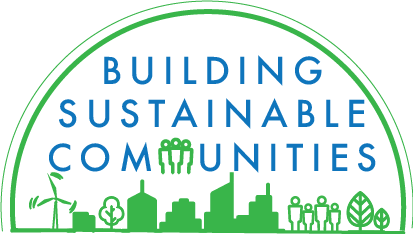Like many other developing countries, Afghanistan is urbanizing rapidly. Today, a quarter of the country’s over 30 million people live in urban areas, with many more moving to cities to find jobs and lead better lives.
Unlike many other places, though, cities in Afghanistan face an added, complex layer of challenge—conflict.
In Afghanistan, conflict is a major driver of migration into cities. Instability in large areas of the country is forcing refugees and internally displaced people into cities—particularly the capital city of Kabul. The thing is: Kabul doesn’t yet have adequate infrastructure and capacity to effectively host these “newcomers.”
What can be done?
To help Afghan cities better address the “3-way challenge” of urbanization, conflict, and forced displacement, the World Bank is working on a series of projects that aim to:
Unlike many other places, though, cities in Afghanistan face an added, complex layer of challenge—conflict.
In Afghanistan, conflict is a major driver of migration into cities. Instability in large areas of the country is forcing refugees and internally displaced people into cities—particularly the capital city of Kabul. The thing is: Kabul doesn’t yet have adequate infrastructure and capacity to effectively host these “newcomers.”
What can be done?
To help Afghan cities better address the “3-way challenge” of urbanization, conflict, and forced displacement, the World Bank is working on a series of projects that aim to:
- Provide basic services to selected—mostly informal—neighborhoods in Kabul, such as roads, sanitation, water, and lighting;
- Support Kabul to improve its municipal finance management systems;
- Support the institutional and policy framework for urban development in Afghanistan;
- Strengthen city planning, management and service delivery in five provincial capital cities.
In this video, you will learn more from World Bank Senior Director Ede Ijjasz-Vasquez (@Ede_WBG) and Practice Manager Catalina Marulanda on how cities and communities in Afghanistan are building up their capacity and resilience to better host refugees and other displaced populations.
[[avp asset="/content/dam/videos/ecrgp/2018/jun-18/how_can_conflict-affected_cities_become_better_hosts_to_refugees_hd.flv"]]/content/dam/videos/ecrgp/2018/jun-18/how_can_conflict-affected_cities_become_better_hosts_to_refugees_hd.flv[[/avp]]
Related:
- News: World Bank Announces +$500 million Afghanistan Financing
- Report: Forcibly Displaced: Toward a Development Approach Supporting Refugees, the Internally Displaced, and Their Hosts
- Blog post: A roadmap to reintegrate displaced and refugee Afghans
- Blog posts on World Refugee Day 2017
- Feature story: Local Solutions to the Global Forced Displacement Crisis
- Brief: Forced Displacement
- Subscribe to our "Sustainable Communities" newsletter and follow us on Flipboard




Join the Conversation